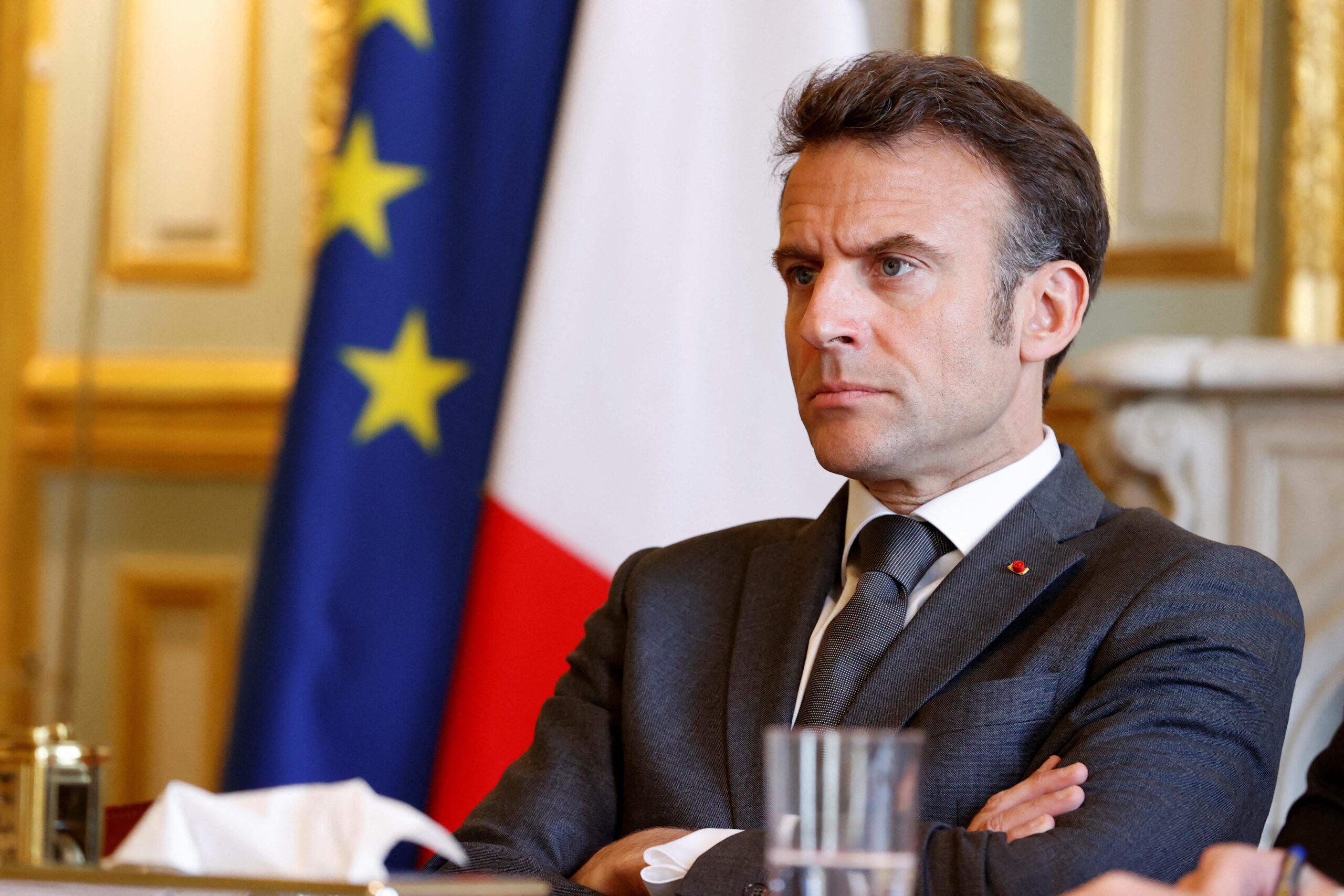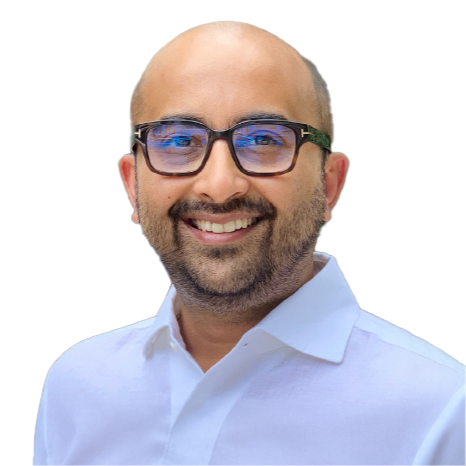President Emmanuel Macron denied any political involvement in the arrest of tech tycoon Pavel Durov, founder of Telegram, who is currently in detention in France. Durov was unexpectedly arrested at a Paris airport, and his detention has sparked significant attention.
Many people have taken to different social media platforms, especially X (formerly Twitter), to demand his freedom. The #FreeDurov has been trending on X since his arrest.
According to people familiar with the case, Durov was charged with negligence for not restricting the circulation of illicit content on Telegram, which has more than 900 million subscribers. Telegram has rejected the charges, describing them as ‘absurd’.
Read also: Telegram claims ‘accusations against Pavel Durov are absurd’
Durov was born in Soviet Leningrad (now Saint Petersburg) and raised in Italy before founding VKontakte (VK) in his early 20s, the largest social network in Russia. Durov founded Telegram after relocating from Russia 10 years ago. Durov is worth $15.5 billion, according to Forbes magazine.
In a post on the social media platform X, the French president claimed Durov’s detention “took place as part of an ongoing judicial investigation,” describing it as “false information”. He said, “It’s not a political decision at all. It is up to the judges to decide.”
Durov, 39, is a Russian national and French passport holder.
Telegram says, “Durov has nothing to hide”
According to an insider familiar with the case, an investigating magistrate continued Durov’s case on Sunday. The initial detention period for interrogation was extended to 96 hours.
At the expiration of the 96 hours, the magistrate would have two options: to file charges and hold Durov in custody or release him.
According to a source close to the case, Durov, who has been living in Dubai for some years, travelled from Baku, the capital of Azerbaijan, to Paris, where he was scheduled to have dinner.
“Why Durov took off for France while he was probably aware that he was wanted is one of the main issues. Perhaps he felt like he was above the law,” an unnamed individual familiar with the case stated.
On August 18 and 19, Russian President Vladimir Putin paid an official visit to Azerbaijan in Baku; however, Kremlin spokesperson Dmitry Peskov denied that the two had ever met.
Durov is arrested for not doing enough to stop illegal activities on his platform.
According to another source, “Durov was issued an arrest warrant by France’s OFMIN”, an institution responsible for preventing violence against minors. The investigation was preliminary and focused on allegations of cybercrime, cyberbullying, drug trafficking, and promotion of terrorism.
In response to the allegations, Telegram stated, “Durov travels frequently across Europe and therefore has nothing to hide.
“Telegram’s moderation is in line with industry standards and complies with all EU laws, including the Digital Services Act.
“It is nonsensical to assert that the misuse of a platform is the fault of the platform or its proprietor.” It further stated.
Read also: #FreeDurov trends on X as campaign for the release of the Telegram’s CEO gathers momentum
“It is judicial”
Telegram prides itself on a “neutral” option for US-owned platforms, which have come under fire for abusing users’ details for profit.
Since the conflict between Russia and Ukraine began, politicians and pundits on both sides of the divide have made active use of the platform.
However, detractors accused it of providing access to different forms of illicit content, including misinformation, violent sexual activities, and drug-related content.
“We do not know concretely what Durov is accused of,” Kremlin spokesman Dmitry Peskov said, adding that Moscow had not heard from France regarding why Durov was taken into custody.
Elon Musk, the CEO of X (previously Twitter) and the head of the Tesla auto company, clamoured for Durov’s freedom. He wrote in French on his X platform, “Liberte Liberte! Liberte?” (Freedom, Freedom, Freedom?), with the hashtag #FreePavel.
According to Macron, despite France’s “deep commitment to freedom of expression and communication,” these rights are “upheld within a legal framework, both on social media and in real life.
“The judiciary has to enforce the law in its full independence and has nothing to do with political decisions.” He declared.
















